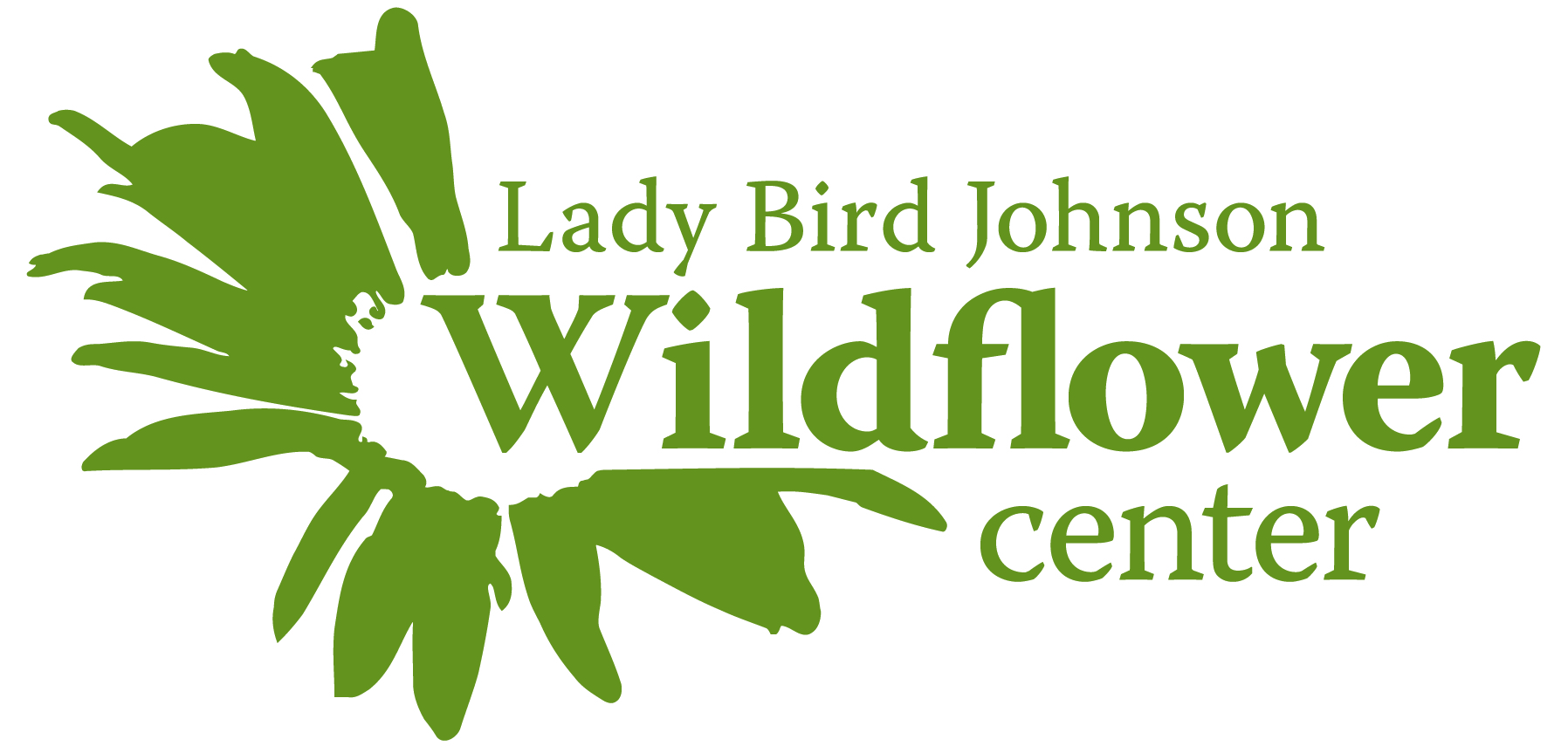POSTPONED - Traditional Indigenous Knowledge and Ecological Science: A Restorative Pairing (Virtual) | July 6, 2022
2 Hour | Chelsey Geralda Armstrong and Alejandro Frid
Chelsey will show how ecological and anthropogenic forces have long interacted in complex ways, forming many of the landscapes we observe today. A great example is the Indigenous Peoples forest gardens of the Pacific Northwest. Chelsey will illustrate how these historically-managed ecosystems – dominated by edible fruit, nut, and berry-producing trees and shrubs – have affected seemingly “natural” forest communities today. She will also show how descendant communities are seeking to re-integrate these ecosystems into their livelihoods.
Alejandro will then widen the lens and look at how indignous knowledge and ecological science can complement each other in ways that improve our understanding of past, present, and future ecosystems. He will illustrate how the pairing of these two knowledge systems can assist ecological restoration efforts, as well as help us avert the worst of our current, and very pressing, climate change and biodiversity crises.
Date & Time: Wednesday, July 6, 2022, 2:30 - 4:45 PM ET*
Location: Virtual
Fee: $58
Event Category: Professional
CEUs: APLD (2), ASLA/LACES (2.25), NOFA (2)
See here for CEU instructions.
Register by: 3 months after the live session date
*The session will be recorded and viewable to registrants for 3 months after the live session date.
SPONSORED BY



Chelsey Geralda Armstrong, PhD, is a historical ecologist and archaeologist specializing in ancient human land-use and landscape archaeology. She is an assistant professor in Indigenous Studies at Simon Fraser University and director of the Historical and Ethnoecological Research Lab.
Alejandro Frid, PhD, is an ecologist for First Nations of British Columbia’s Central Coast, and an adjunct assistant professor in the School of Environmental Studies at the University of Victoria. He is the author of A World for My Daughter: An Ecologist’s Search for Optimism (2015) and Changing Tides: An Ecologist’s Journey to Make Peace with the Anthropocene (2019).
The entire course will be recorded and available (not downloadable) to all registrants after the live session ends for three (3) months. If you are registered, you do not need to attend the live session in order to access the recording.
You can register for 3 months past the live session date, and access the materials - including the recording - until that point.
Zoom Webinar. Please make sure to download the Zoom application (https://zoom.us/download) and download the latest Zoom update if needed prior to the live course. We recommend that you join at least 5-10 minutes prior to the start time. The instructor will use PowerPoint presentations. *If you have any technical difficulties during the session and need to contact us, please email Sara Weaner, NDAL Executive Director, at [email protected] instead of calling.*
As this is considered a live course, those seeking ASLA/LACES CEUs must watch the session and complete the quiz on the Portal by *two weeks* after the live session date. Ensure that your Portal profile indicates ASLA/LACES under the CEU section and email [email protected] if you make any changes to your profile CEU section. You will then receive an email with your completion certificate within 3-4 weeks. || For APLD & NOFA CEUs, please self-report to those organizations using your registration confirmation email.